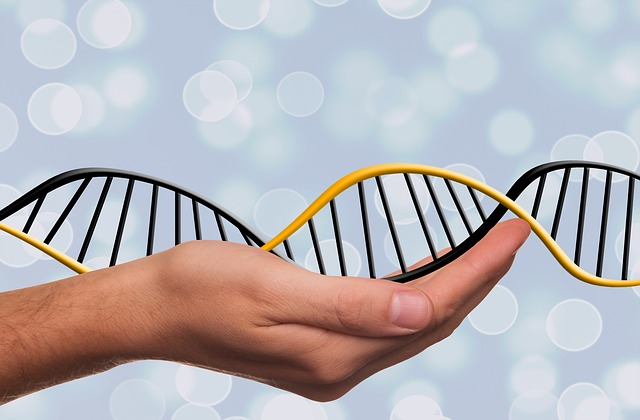Next Wednesday, September 21, the Agricultural & Food Law Consortium will present CRISPR: A Biotechnology Breakthrough and an Inventorship Quandary, as part of its monthly webinar series. The one-hour program starts at 12 noon ET and sign-in information is available here.
A recent biotechnology discovery, CRISPR, may influence biotechnology as profoundly as other monumental discoveries such as DNA, vaccines, and penicillin. The applications offered by CRISPR (an acronym for “Clustered Regularly lnterspaced Short Palindromic Repeats”) can advantageously alter the genetic material of virtually any organism, and can potentially benefit many different technologies – from eliminating disease-causing genes in animals to improving the growth characteristics of food crops. At this early stage, the possibilities for using CRISPR platforms are endless.
According to Dr. Wayne Hunter, a Research Entomologist at USDA’s Horticultural Research Laboratory in Ft. Pierce, Florida, scientists may apply CRISPR technology to a number of issues, including vulnerability to diseases, or even removing bitterness from a piece of fruit. Hunter recently told growingproduce.com, “Working in cell cultures, new varieties of plants can be produced, which have reduced or no toxins, or no bitter proteins since they can be knocked out. Since the technology works at the embryonic stage, all subsequent plants propagated from the new variety also will continue to have the selected trait (not bitter), being permanent like what occurs in natural gene mutations through traditional breeding.”
Additionally, a contentious patent battle is underway as researchers compete for patent rights to CRISPR technology. According to Fierce Biotech, biochemist Dr. Jennifer Doudna at the University of California, Berkeley, submitted a patent application for CRISPR technology in May 2012. Biologist Feng Zhang, from the Broad Institute of Harvard and MIT, submitted a similar patent application in 2013, but requested a fast-track process. Zhang received the official patent in April 2014. Doudna’s team, in turn, filed a legal “interference” claim in January of this year to settle exactly who owns the patent.
The webinar presentation will consider some of these issues and be led by Eric E. Williams, a patent attorney in the Indianapolis, Indiana office of Barnes & Thornburg LLP and a member of the firm’s Intellectual Property Law Department. Eric received a doctorate of pharmacy degree from Purdue University and a law degree from Indiana University. His law practice is focused on preparing and prosecuting patent applications through the United States Patent and Trademark Office and counseling clients on the protection of intellectual property. He is a member of the firm’s Ag and Food Law Practice Group and Food, Drug, and Device Law Practice Group, and works extensively to advise universities, ag biotechnology, and pharmaceutical companies on protection of their intellectual property.
There is no pre-registration for this webinar. Simply visit this page shortly before it begins on September 21 and follow the steps to sing in.
